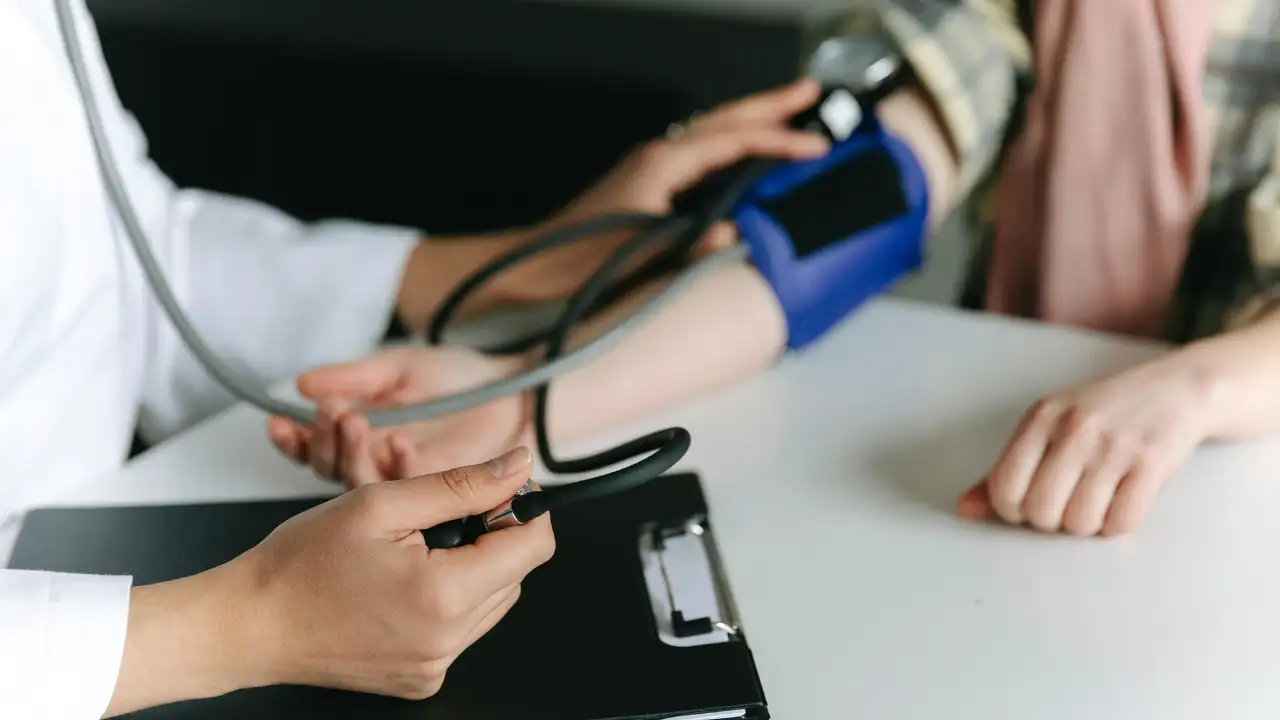
The Three Threats Of Digital Age On Your Health That You Should Worry About (Credits: Pexels)
There has been a recent report that revealed a 30.7% prevalence of hypertension in the Indian population. This means that roughly 1 in every 4 Indians is grappling with this problem and the projections suggest that this number is only going to rise in the coming years.
Hypertension is also one of the leading lifestyle induced diseases that are prevalent today. If we go by the definition, it is a condition where the force of blood against the artery walls is consistently too high, and so this condition is often also described as high blood pressure and brings a reading of about 130/80 mmHg or higher. This also depends on the guidelines. Persistent high pressure can lead to damaged heart, brain and cause harm to other organs also if not managed properly.
There is a triple threat of digital age that is looming on your blood pressure which most likely results in hypertension. This trio is salt, stress and screen time that has triggered and cause a surge of hypertension cases across the country, especially in young adults.
Salt
Extreme amounts of salt consumption is strongly linked to an increase in blood pressure. Sodium is known to cause water retention in the body with increases the volume of blood and subsequently leads to increased blood pressures. It is not unknown that most processed foods are high in sodium content that more often than not exceeds the recommended limit (less than 5g salt/day). Decreasing salt intake can lower blood pressure.
Stress
Stress may be the body's way to respond to difficult situations and challenges but chronic stress is definitely and issue and can lead to higher blood pressure overtime. It leads to the activation of the sympathetic nervous system and releases hormones like adrenaline and cortisol that spike the heart rate and heighten blood pressure. Mindfulness, meditation and deep breathing exercises can help relieve stress.
Screen time
Excessive screen time also promotes a sedentary lifestyle while leading to poor sleep quality. This results in higher blood pressure and affects kids as well as young adults. Decreasing or regulating screen time is of utmost importance here.
